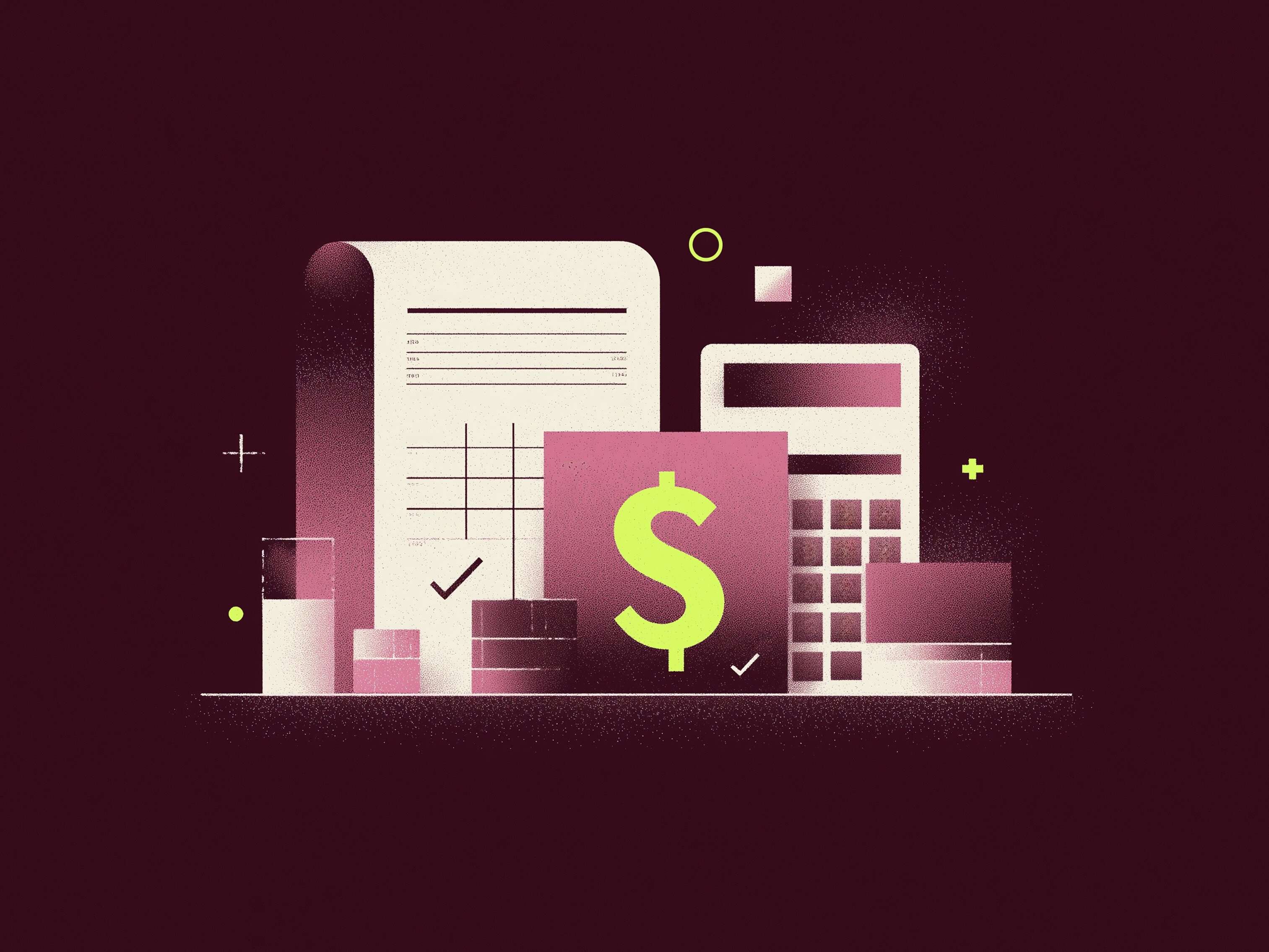It’s tough running a business by yourself. You basically have to act as your own finance team (and marketing team and IT department and…). Because you’re just one person, it’s easy to let things like filing estimated taxes fall by the wayside.
One way to make things easier on yourself – and your growing business! – is to get your finances in order.
That’s why we held a webinar with tax pro Keila Hill-Trawick, MBA, CPA of Little Fish Accounting to help freelancers like you learn more about their taxes. Hill-Trawick is an expert in helping small businesses, and also shared four things you can do to get your business running smoothly.
Get your personal finances in order
What do your personal finances have to do with your business finances? Turns out, one can tell you a lot about the other. “I’ve never seen an entrepreneur who has their business finances in order when their personal finances are trash,” Hill-Trawick notes. Start instilling good practices for your personal finance habits (let overdraft fees be a thing of your past), and then you’ll begin to instill good practices for your business finances.
Separate your business and personal accounts
If you have one account that includes both your personal and business finances, it can be tough to tell the difference between a business expense or a personal expense. Did you pay for dinner six months ago with a potential client… or was it a friend? Was that Venmo transaction income from a business or was it money a family member loaned you? There’s no guessing if you have two separate accounts.
Hill-Trawick says that it’s okay if you’re not ready to take that step and open a business account. “If your business isn’t ready, just open a free [additional checking] account so that you can put all your business income and expenses in there,” she advises.
Use a cloud accounting system
Simply put: “[Cloud accounting] makes everything easier,” she says. Ideally, Hill-Trawick recommends finding one that lets you connect your bank account so you can run regular financial reports. It can be helpful to see how your business is performing over time. How do your expenses look year over year? What about your income month to month? Having more insight into your business finances enables you to make better financial decisions.
Track your expenses
You should only pay tax on your business profit. But if you’re not deducting expenses, you’re potentially overpaying. “Everything you pay for your business should be tracked,” she explains. “The main way you can reduce your taxable income is to show your deductions. A lot of people lose that [ability] because they haven’t been tracking their expenses. So they’re reporting all their income, but they can’t subtract anything.”
For many, many more tips on how to do your taxes as a freelancer, check out the entire webinar here. And for an easy-to-use business banking account, try Wingspan Wallet. You’ll never have to choose between speed or choice when you receive your next payment – ACH, debit, credit or Wingspan instant transfer is available. With Wingspan instant transfer, you get instant access to your funds for free in a Wingspan Wallet that includes a free debit card. For a fee, you can instantly transfer funds to your bank account.
And if you want an easy way to pay your estimated taxes, Wingspan Wallet includes Wingspan’s Tax Withholding feature. We’ll automatically set aside the right amount from every payment. Even better? You can pay the IRS directly from your Wingspan account – and it’s all free. Sign up in minutes here.
---
*This information is not intended to provide, and should not be relied on for, tax or legal advice. Wingspan is not a bank. Banking services are provided by Lead Bank, Member FDIC. Deposits are FDIC-insured through Lead Bank, Member FDIC. The Wingspan Visa® Debit Card is issued by Lead Bank, Member FDIC, pursuant to a license from Visa USA Inc.Your funds are FDIC insured up to $250,000 through Lead Bank.; Member FDIC.



